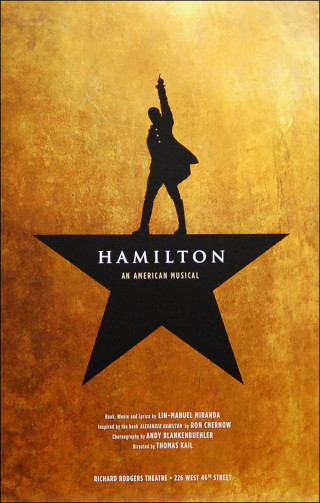In 1788, Hamilton couldn’t have foreseen Stormy Daniels, Kim Jong Un, Jamal Khashoggi, or Access Hollywood, more’s the pity. So he railed against the haters with a clear conscience: “It is impossible not to bestow the imputation of deliberate imposture and deception upon the gross pretense of a similitude between a King of Great Britain and a magistrate of the character marked out for that of the President of the United States,” he wrote. But just because Hamilton had “marked out” an admirable character that would suit the country’s notional leader didn’t mean that the real thing was guaranteed to match his rosy vision. You almost get the sense that Hamilton was being catfished through the presidential ether.
Tocqueville, not being American, prudently took fewer liberties in his characterization of the Chief Executive. Rather than paint an invidious portrait of the US President using the British monarch as foil (not that the British ruler in 1831, the elderly King WiIliam IV, would have cut much dash as a bogeyman) he defined the differences between the French Monarchy and the American presidency. He found many. For one, he explained, the American head of government, “has little power or wealth or glory to distribute to his friends,” which makes his influence “too small for any faction to feel that its success or its ruin depends on his elevation to power.”
For another, he argued, hereditary monarchies like France’s had an advantage in foreign relations that an American president wouldn’t: they profited from their dealings with other royal families and heads of state, which made diplomacy a personal matter for them. He explained: “The private interest of a family is always intimately connected with the interest of the state, and therefore state interests are never for a moment left to look after themselves.” He seemed to find that a good thing. (Tocqueville, it bears repeating, was an aristocrat, unused to checking his privilege.)
Tocqueville’s distinctions don’t hold up all that well lately, nor do Hamilton’s indignant assurances of presidential virtue. One of my students observed as much in his paper: “Our current president,” he wrote, “extends his vision of executive power far past either of theirs,” and “seems more in line with Tocqueville’s description of a monarch than of a president.”

